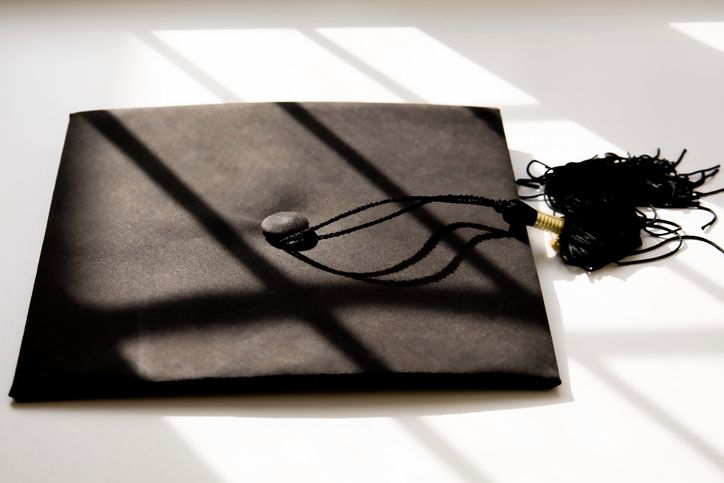Promised Billions In Funding, HBCUs Get Short End of Stick In New Budget Proposal
Source: Catherine McQueen / Getty
Proposed HBCU investments have been slashed in a recent House Education Committee proposal. A part of the upcoming budget reconciliation process, the committee shaped a bill that falls short on promises to HBCUs and other minority-serving institutions.
Tasked with bringing President Biden’s proposals to reality, the committee shaped a proposal cutting significant funds from HBCUs. Instead of funds set aside for HBCUs, the schools will have to apply for a small pool of competitive grants. Given the lack of support staff and resources compared to other schools, HBCUs could be at a disadvantage.
Inside Higher Ed reported the proposed budget includes $1.45 billion in institutional aid from 2022 to 2026 for HBCUs, tribal colleges, and minority-serving institutions. While it’s a larger investment than made previously, it’s nowhere near the billions promised to HBCUs alone.
The proposed budget includes $2 billion to improve research and development infrastructure at minority-serving institutions and create a tuition assistance grant to support low-income students attending minority-serving institutions, tribal colleges and universities, and HBCUs.
Leaders with the United Negro College Fund expressed disappointment with the proposed changes. Last week, the organization said that with the right changes, the budget could be transformational for HBCUs.
“This is the commitment on which we stand as we work to ensure HBCUs are kept whole in this reconciliation process,” Lodriguez V. Murray, senior vice president for public policy and government affairs, UNCF. “We also hope for a more generous allocation as any effort to reduce funding to HBCUs is insensitive to summer of racial realization we experienced just a year ago.”
But Murray expressed confidence in committee Chairman Rep. Bobby Scott and HBCU Caucus Co-chair Rep.Alma Adams to “win the day as they fight for our institutions, like usual.”
The new proposal also doesn’t mention funds to help crumbling infrastructure and capital investments at the schools.
Other proposals thought to benefit Black students, like the increase in Pell grant, were scaled back. Biden proposed an initial increase of $1,800 in the first year. The House Education Committee’s reconciliation bill proposes an increase of $400 in the fiscal year 2022. Additional increases were proposed for subsequent years.
But there are other aspects of the plan that could benefit Black students, including universal free community college. Nearly 20 percent of first-time community college students are Black.
See Also:
‘Engines Of Opportunity’: The White House Celebrates HBCU Week
[ione_media_gallery id=”3039818″ overlay=”true”]

